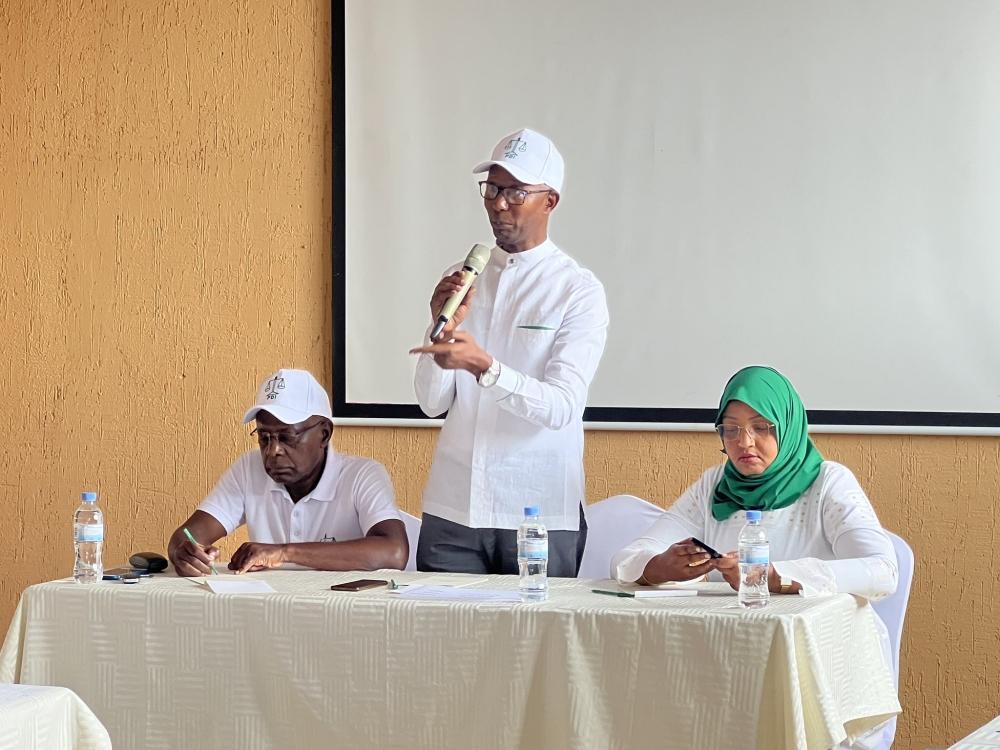Farmers from all the districts in the country, on Friday, concluded intensive training on maize post-harvest where they acquired skills on various ways of improving post-harvest treatment and storage for maize. Several officials from the ministry were dispatched in all districts to train Cell Executive Secretaries in charge of the Integrated Development Program who would go down in the villages to sensitize their local farmers.

Farmers from all the districts in the country, on Friday, concluded intensive training on maize post-harvest where they acquired skills on various ways of improving post-harvest treatment and storage for maize.
Several officials from the ministry were dispatched in all districts to train Cell Executive Secretaries in charge of the Integrated Development Program who would go down in the villages to sensitize their local farmers.
According to a statement from the ministry, the ultimate mission of the massive training was to build the capacity of agricultural officers at the lowest level to become trainers themselves, and to empower them to transfer skills to farmers with whom they regularly interact.
The cooperatives and individual farmers who were trained will then be able to train their fellow farmers in the same techniques.
Addressing the trainers before dispatching them in all districts, The Minister of Agriculture, Dr Agnes Kalibata, emphasized the importance of the training, stressing that quality and standards of produce are extremely important to agricultural markets.
"As we begin to produce surplus for markets, we need to agree on acceptable market standards and expected quality in order to be competitive. Equally important is the need to reduce post harvest losses due to damage, dirt, pests and disease that eat away farmers’ profits,” she said.
The Minister noted that post harvest losses had been reduced from 35% to 25%, however, she adding that there was a need to bring it to below 10%,saying it’s the reason why the ministry engaged all stakeholders in the exercise.
Kalibata vowed to provide more support to farmers so as to improve their production as well as reminding them of the availability of a market in the country.
"We will continue working with farmers cooperatives, but we need change agents in the farmers’ environment to lead the change. We have a lot of buyers now with interest in the Rwandan market (eg WFP) and others in the Private Sector, they want produce of good quality”.
Ends




